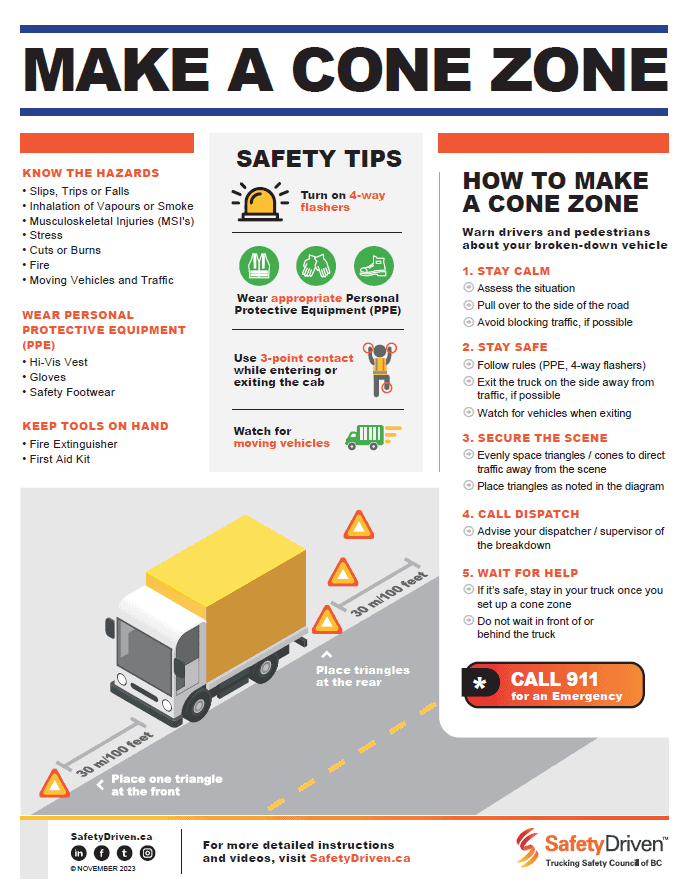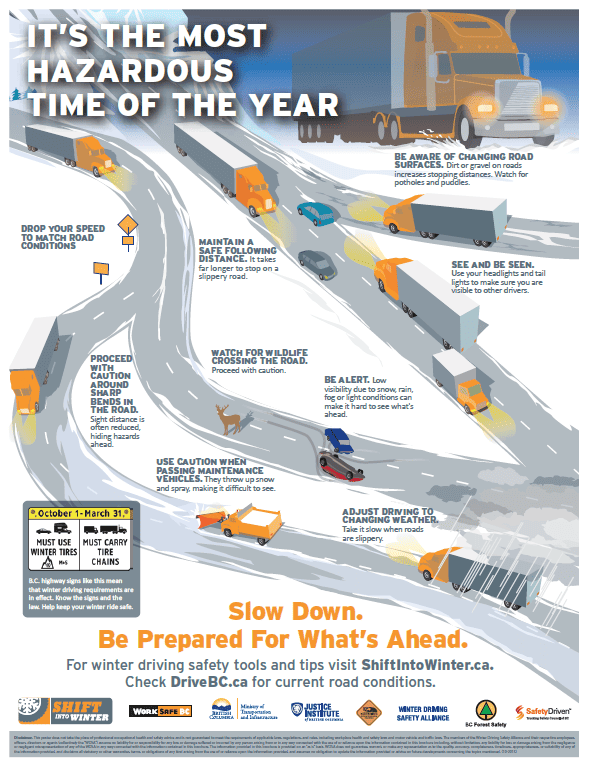Accident or Collision?
There’s more of a difference between accident and collision than the spelling.
As the saying goes, words hurt. We’ve all said certain words that affect others in a negative way. Sometimes we’ve meant it, but other times it just slipped out. We never meant any harm. Regardless of whether you meant it or not, there are different meanings to the words we use. In the transportation industry, there are essentially two words that can have two totally different meanings although they seem similar; accident and collision.
There’s more of a difference between accident and collision than the spelling. Most transportation incidents are not accidents. Most incidents were the result of the driver purposely doing something else besides focusing on their driving and the driving environment. What they did was no accident.
For many people, they use the word accident to place the blame on a mistake that happened. When it comes to driving, they aren’t always accidents. In many situations, they should be classified as collisions. What’s the difference? Lots. This is where the driver made a conscious choice and action followed. Here are a few examples.
If you purposely decide to speed because you’re running late, that’s a choice you’ve made. If you crash because of the speeding, that’s no accident. It’s a collision. The crash was a direct result of a decision you made. The same could be said if you rear-ended another vehicle because you were following too closely. Blaming the road or anything else or calling it an accident doesn’t put the blame on where it should be laid, which would be on you. So what’s the big deal if you call it an accident or a collision?
It’s really part of a belief. Many collisions can be predictable and preventable. It’s time to think a little differently about the belief as it’s not just a word. As a driver, we need to believe we can avoid all collisions. Positioning your vehicle to allow you and other driver’s space helps to avoid many collisions. Taking known risks means you have a higher chance of having a collision. Going with the flow of traffic instead of weaving from lane to lane, leaving early enough to reach your destination without taking chances and making logical driving choices will help you avoid being in a collision.
Anticipating the needs of not only you, but of those around you can also help you avoid collisions. Taking risks while in traffic is a conscience thought and if a crash happens, it was no accident. Realizing we’re at fault because of our actions should be enough incentive to change our belief and our mentality to drive collision-free.
If you believe these incidents are accidents then they will happen to you. Don’t just change the word; change the mentality from accident to the collision. Doing this will help you make the switch to believing they are preventable. Many people say accidents happen. Sure they do, but these are not accidents and they are preventable when you change the belief and do you best to avoid them while staying focused on the driving environment.
If collisions can be prevented and avoided, everyone wins. And if we win, that’s no accident.
Visit our Safe Driver section on our website for more great tips.
Latest Resources
Make a Cone Zone
Dowload this poster for tips on how to make a safe cone zone.Winter Hazards Poster
Drivers need to recognize winter hazards. Share this poster to remind drivers how to ...

